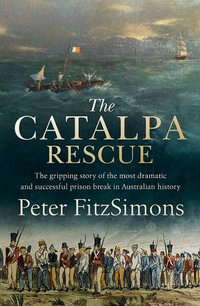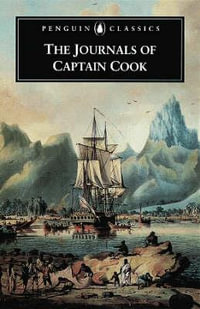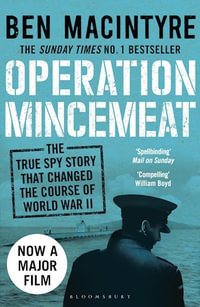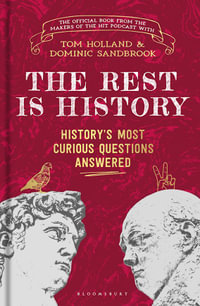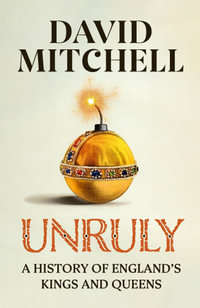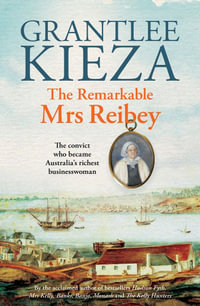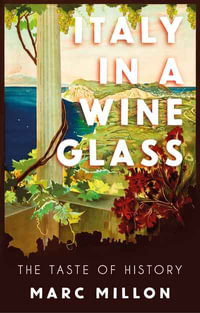The collapse of Austria-Hungary in 1918 left all Austrians in a state of political, social, and economic turmoil, but Jews in particular found their lives shaken to the core. Although Jews' former comfort zone suddenly disappeared, the dissolution of the Dual Monarchy also created plenty of room for innovation and change in the realm of culture. Jews eagerly took up the challenge to fill this void, and they became heavily invested in culture as a way to shape their new, but also vexed, self-understandings.
By isolating the years between the World Wars and examining formative events in both Vienna and the provinces, Becoming Austrians: Jews and Culture between the World Wars demonstrates that an intensified marking of people, places, and events as "Jewish" accompanied the crises occurring in the wake of Austria-Hungary's collapse, with profound effects on Austria's cultural legacy. In some cases, the consequences of this marking resulted in grave injustices. Philipp Halsmann, for example, was wrongfully imprisoned for the murder of his father years before he became a world-famous photographer. And the men who shot and killed writer Hugo Bettauer and philosopher Moritz Schlick received inadequate punishment for their murderous deeds.
But engagements with the terms of Jewish difference also characterized the creation of culture, as shown in Hugo Bettauer's satirical novel The City without Jews and its film adaptation, other texts by Veza Canetti, David Vogel, A.M. Fuchs, Vicki Baum, and Mela Hartwig, and performances at the Salzburg Festival and the Yiddish theater in Vienna. By examining the lives, works, and deeds of a broad range of Austrians, Lisa Silverman reveals how the social codings of politics, gender, and nation received a powerful boost when articulated along the lines of Jewish difference.
Industry Reviews
"Lisa Silverman has written a compelling new history of interwar Austria that astutely and organically weaves together Austrian and Jewish cultural history....As a bold attempt to transcend many of the field's categories and assumptions, Silverman's book brings new and well-deserved attention to the interwar period, adds analytic rigour to the field of Jewish and central European cultural history, and embeds its insights in rich cultural historical
material."--German History
"Silverman has written a fabulous book that...should have a decisive, salutary impact on the field for ages to come."--The Historian
"Silverman's book imaginatively solves some vexing identity riddles about interwar Austria....By shifting focus from Jews (as people) to 'the Jewish' as a category, the author has given us a genuinely new way of looking at the interwar period. Silverman's book is highly recommended. I wished I were reading it in company, because it is a book one wants to discuss and debate, to take apart and admire. In a very crowded historiographical field, Becoming
Austrians sets the new standard."--Journal of Modern History
"[Silverman] has offered a stimulating and original take on a topic that, when defined broadly, has been widely covered by scholars. Her selection of diffuse cultural products that, on the surface, differ widely from one another, and her gender studies-influenced approach to her readings of them, make this book a highly valuable contribution to scholarship....Overall, Lisa Silverman has crafted a quite successful first book, one that suggests a highly
productive academic career lies ahead."--H-Net Reviews
"A...methodological tour de force....[The] variety of evidence as brought together here
creates compelling visions of public assumptions, as today's critical discourse analysis
confirms is possible to do....Silverman...reclaim[s] discussions of race, ethnicity, and class that have all too often disappeared behind today's self-assured assertions about victims and perpetrators that can recapitulate the very assertions they are designed to combat....Innovative."--Monatshefte
"It offers a bold and stimulating attempt to rethink the concept of Jewishness in the special years between the world wars...Silverman's book raises important questions and breaks new ground both empirically and conceptually....[S]cholars of the Jewish experience should look at Silverman's work for an imaginative example of how to rethink their discipline and methodology."--Central European History
"A very provocative and tremendously valuable new work. It deserves to be read very widely by specialists of Habsburg-Austrian history and beyond."--HISTORY: Reviews of New Books
"Becoming Austrians is an innovative exploration of pre-Shoah Jewish Austrian identity that stands on the shoulders of the rich tradition of research devoted to Vienna as an urban and intellectual center."--Journal of Austrian Studies
"An admirable book that deserves the attention of anyone interested in interwar Austria. It is based on extensive primary and secondary reading--including much relatively unfamiliar memoir literature--and considerable archival research. It is exciting in reaching beyond literary history to explore the cultural significance of murder trials and urban topography."--German Quarterly
"Lisa Silverman's Becoming Austrians: Jews and Culture between the World Wars may be the most important book on the history of Jewish identity formation in central Europe to appear this century."--Sander L. Gilman, Distinguished Professor of the Liberal Arts and Sciences; Professor of Psychiatry, Emory University
"Silverman brings together complicated material and frames it into one narrative that gives us fresh insight into Austrian Jewish culture and 'Jewishness' between 1918 and 1938. She closes an important gap in research on Austrian Jewish history and culture."--Raphael Gross, Director, Leo Baeck Institute
"There is much of interest in this work on the ever-fascinating topic of Vienna and its Jews, and at least some of that will be new even to those who fancy themselves experts."--Austrian History Yearbook
"Silverman is very persuasive in her assertion that Jewish difference was central to self-understanding for Jews and non-Jews in interwar Austria, whether willingly or not...The examples Silverman has chosen for her chapters are original and sometimes surprising."--American Historical Review


